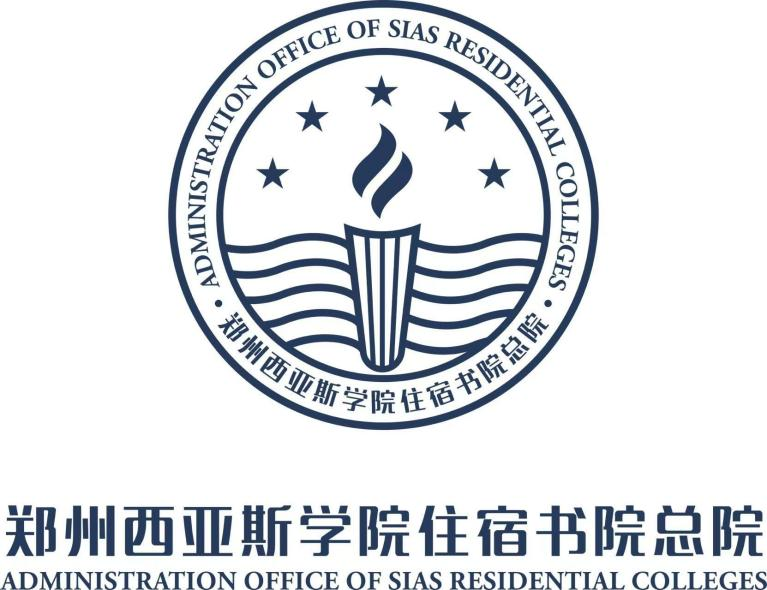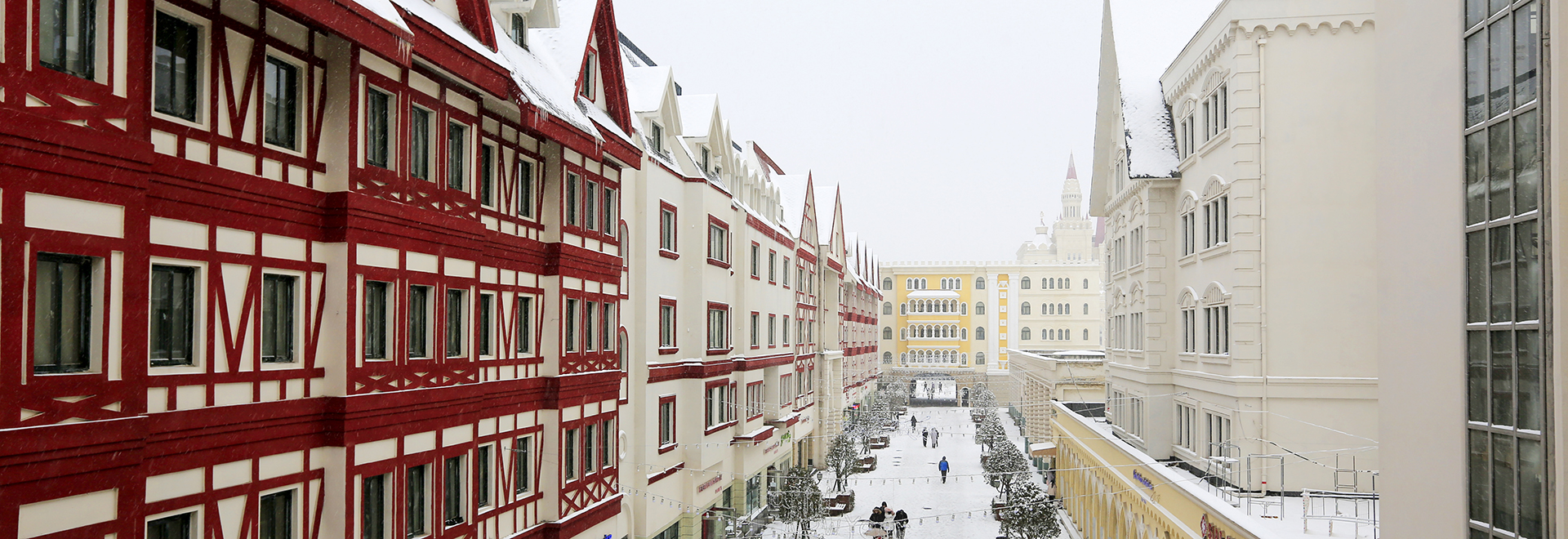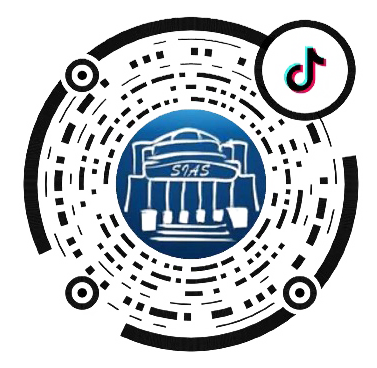Residential Colleges

Sias University has been committed to reforming higher education mode, pioneering, and exploring boldly. In 2011, we started the pilot work of the residential college, and in August, 2016, we piloted the residential college system. In June, 2018, Sias promoted the implementation of the system, focusing on cultivating composite and practical talents with an international perspective. We have established the system of “Liberal Arts Education + Holistic Education + Confluent Education,” insisted on improving strength, resources, and work, pushed the concept of “Three Holistic Education” to a deeper and deeper level, formed a long-term mechanism of collaborative education between professional schools and residential colleges, and realized the intersection of disciplines, integration of majors, and penetration of arts and sciences among the students, to realize the development of students with an international outlook and the development of a comprehensive and practical talent. Sias has formed a long-term mechanism of collaborative education between professional colleges and residential colleges, realizing the intersection of students' disciplines, integration of professions, and penetration of arts and sciences, effectively enhancing the pertinence and effectiveness of ideological and political education, and significantly improving the effectiveness of education. As of now, a total of ten residential colleges have been established, accommodating over 30,000 students. This has created the largest and most comprehensive cluster of residential colleges in the Central Plains of China, contributing to the successful development of the management system reform and the model for educating talent.
《教育部高等教育司关于印发< 教育部高等教育司2020年工作要点>的通知》 clearly points out that it is necessary to deeply implement the “Cultivation Program for Top Students in Basic Disciplines 2.0,” explore and improve the system of cultivating top talents in basic disciplines with Chinese characteristics and at the world level, promote diversified exploration, support colleges and universities to carry out reforms of the cultivation mode of top talents in the “three systems” (academy, credit, and mentor system), and start the declaration of the construction of corresponding base in 2020. 《关于加快构建高校思想政治工作体系的意见》pointed out that it is necessary to build a management and service system, and to rely on the students' life communities such as residential colleges and dormitories, and to explore reforms of students' organizations, management modes, and service mechanisms.
Zhixing Residential College, Zhiyuan Residential College, Zhishan Residential College, Siqi Residential College, Boya Residential College, Mingli Residential College, Boyi Residential College, Huanyu Residential College, Qixian Residential College, and Xinzhi Residential College are respectively based on the themes of Scientific Spirit, Lifelong Learning, Practical Innovation, Youth Leadership, Multiculturalism, Humanistic Underpinnings, Healthy Life, International Perspective, International Literacy, and Integration of Industry and Education. Centered on the dormitory, they build a nurturing community in which students and mentors live and study together, and encourage and support students to practice self-management, self-service, self-education, and self-supervision through mentor-guidance, peer-learning, environment-enhancement, practice, and self-nurturing, to promote the improvement of the students' overall quality and ability, and to guide the students to grow up healthily.
Each residential college is equipped with a mentor consulting room, a Party activity room, a coffee area, a club activity room, a talk room, a discussion room, a study room, a psychological workshop, a guidance room for career planning, and a self-service laundry room, etc., which are available for teachers and students. Sias Residential Colleges have also built cultural walls, cultural promenades, display walls of honor, display walls of mentors, display walls of students, showrooms, etc., which enrich the learning and living of teachers and students following their characteristics.

















